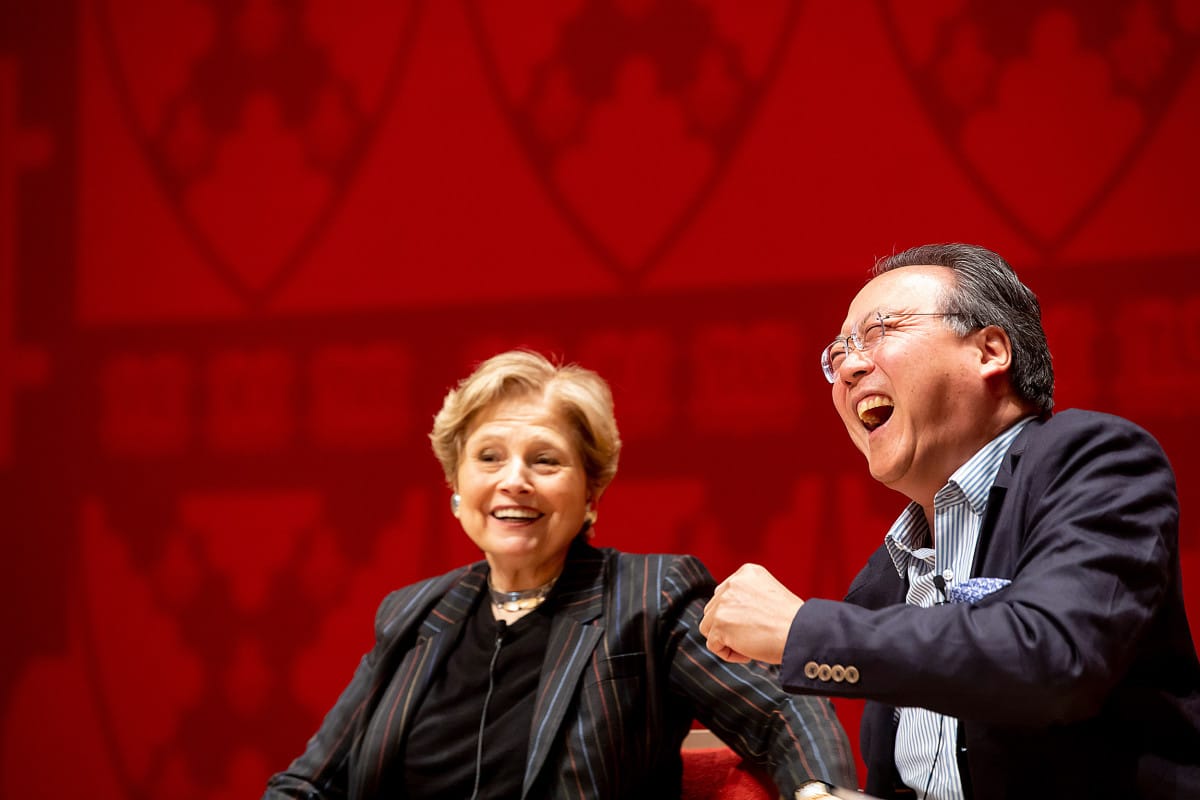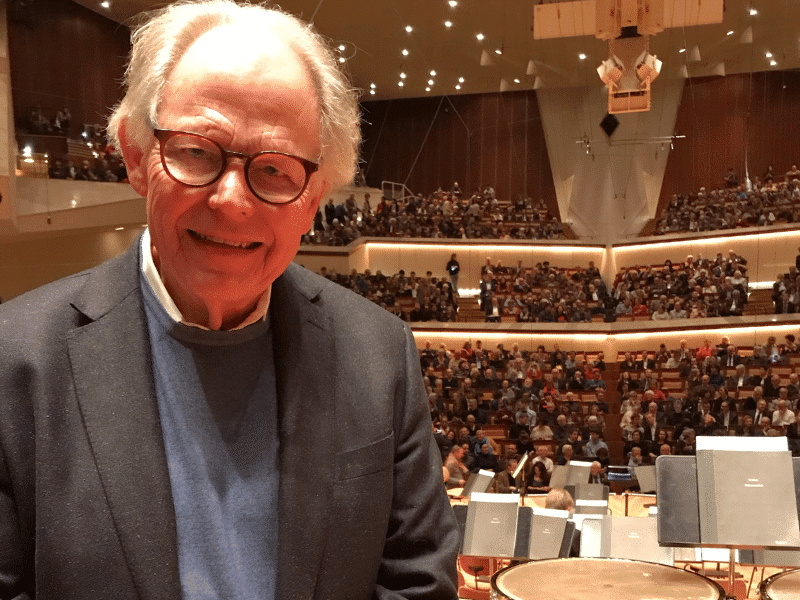Deborah Borda offers ‘unexpected solutions’
NewsMessage received:
Tomorrow evening at 6pm CET (12 Noon EST/9 AM PST) Deborah Borda, President and CEO of the New York Philharmonic will present “Unexpected Solutions — A Consideration of Positive Outcomes and Potential Growth Arising from the Pandemic”.
In “Kirill Gerstein invites” hosted by Kronberg Academy, Deborah asks “When does a crisis lead to opportunity for change? If orchestras are indeed a microcosm of the performing arts and, indeed, society, let’s explore what took place in the life of a single institution — one of the oldest and most iconic in the United States. The New York Philharmonic played without pause through the Spanish Flu epidemic, the American Civil War and two World Wars, but in the face of Covid it ground to a full halt. What has been the pathway through this crisis, and what were major points of inflection and decision?
This is a period of profound questioning for all arts institutions as the unimaginable became reality. It has led to what we might truly term an existential crisis, questioning who we are at this point in time — who do we believe we should be? What might change look like? Were there lessons we learned from this unexpected “bomb,” and will anything really change? What unexpected solutions might we discover?”
Register here.






Comments